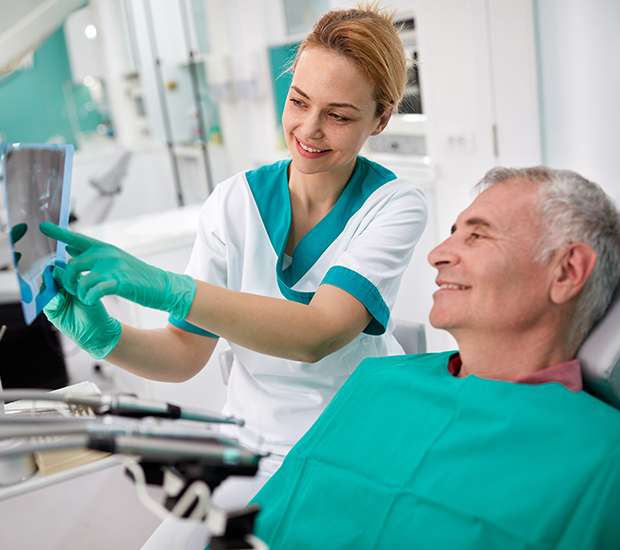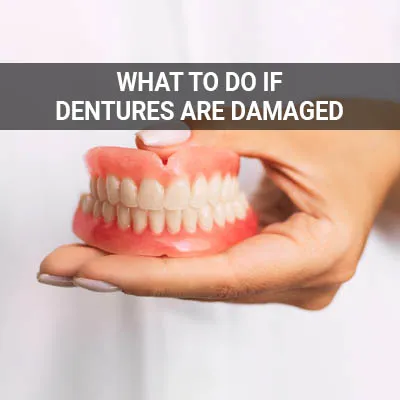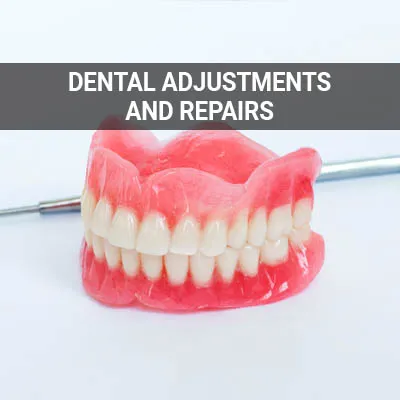Solutions for Common Denture Problems Roseville, CA
Dentures are more comfortable and helpful than ever before. However, there are still some common problems that many denture wearers experience. Proper denture care and diet can help keep the gums and mouth healthy and avoid irritation or infections.
Dentures are available at Fountains Dental Excellence in Roseville and the surrounding area. Our team can provide you with solutions and tips to correct common denture problems. Call us at (916) 839-3035 to learn more about our services or schedule an appointment.
How To Eat While Wearing Dentures
Dentures provide only a fraction of the biting and chewing power compared to healthy natural teeth. With that in mind, eating while wearing dentures takes some practice and adjusting. As the patient practices, it is critical to consider the following:
- Start with soft foods: We do not recommend eating hard or sticky foods when wearing dentures. When first getting dentures, it is good to start with soft foods, such as applesauce and pudding. After getting the hang of eating and swallowing with dentures, it is time to move on to soft foods that require a little chewing, like scrambled eggs.
- Chew on both sides: Taking small bites and chewing equal amounts on both sides of the mouth at the same time helps keep the dentures balanced.
- Check temperatures before eating or drinking: Dentures have an insulating effect on the mouth. Consequently, as explained by the U.S. National Library of Medicine, it may be difficult to judge food temperature. As such, patients should use their lips to check food and beverage temperature.
- Be patient: These issues should resolve as one gets used to all the sensations associated with a new set of dentures.
Furthermore, to prevent toothache, cavities, and stained teeth, patients should eat a balanced diet and treat their dentures with the same care they would afford their natural teeth.
“With that in mind, eating while wearing dentures takes some practice and adjusting.”
What to Look out for When Wearing Dentures
The most important thing to do is keep the mouth clean and healthy. If patients find that their dentures are rubbing and causing sore spots, they should immediately see us for assessment and relining of the dentures. All patients, even those with no natural teeth, should get regular dental checkups at least twice a year.
If someone wearing dentures finds that the dentures' fit has changed significantly, they should make an appointment with our office to find the root cause of the changes. Shrinkage of the gums and jawbone is common when no longer supporting teeth; however, swelling and inflammation could be from an underlying health condition.
“Every patient, even those with no natural teeth, should get regular dental checkups at least twice per year.”
Taking Care of Dentures While Traveling
People can still have a great time while traveling with dentures. However, it is important to maintain a regular cleaning routine. Denture wearers should pack a small case with denture care items, such as a covered storage container.
Cleanser creams, gels, and pastes can travel as long as they meet airline size requirements for liquids. It is also important to maintain proper denture care while traveling. People should remove and rinse their dentures after every meal, brush daily, and soak them overnight.
“It is crucial to seek treatment quickly when problems with dentures arise.”
Check out what others are saying about our dental services on Yelp: Solutions for Common Denture Problems in Roseville, CA
Precautions With Food
When wearing new dentures, it is a good idea to eat soft foods and take small bites. Chew slowly and try to use both sides of the mouth so the jaw muscles can get a firm hold. Alternatively, some people decide to use denture adhesive for extra stability. We recommend avoiding hard, hot, tough, or sticky foods to minimize potential teeth damage.
Hot foods can cause problems initially because the lower temperature sensitivity increases the risk of accidental burns. Once patients get used to the difference, they can start introducing hot foods to their diet again. Avoid foods like hard vegetables, seeds, and nuts that can damage dentures and refrain from chewing gum, peanut butter, and other sticky foods that make it more difficult to clean dentures.
“When wearing new dentures, it is a good idea to eat soft foods and take small bites.”
Questions Answered on This Page
Q. How should people take care of their dentures while traveling?
Q. What food should denture wearers eat?
Q. Are dentures associated with oropharyngeal cancer?
Q. How is eating with dentures?
Q. What should people be wary of when wearing dentures?
People Also Ask
Q. What should I do if my dentures start to feel uncomfortable?
Q. How should new denture wearers change their eating practices?
Q. What lifestyle changes will people experience after getting dentures?
Q. What is a good overnight cleaning routine?
Q. What is the importance of seeing a dentist for denture repair?
Checking for Oropharyngeal Cancer
Dentures do not cause oropharyngeal cancer, but dentures that do not fit well or poor oral care while wearing them can. The irritation, inflammation, and infection associated with such issues have been associated with oral cancer. According to one study, while ill-fitting dentures are a risk factor for oral cancer development, there is no link between denture use duration and cancer development.
To limit the risk of oral cancer, people should have their dentures checked. Properly fitting dentures reduce the risk of infection or inflammation. All denture wearers should also take their dentures out every night and clean them well.
“Dentures do not cause oropharyngeal cancer, but dentures that do not fit well or poor oral care while wearing them can.”
Frequently Asked Questions
Q. Is it easy to chew when wearing dentures?
A. Dentures restore part of a person's chewing capacity compared with having no teeth. However, a denture-wearer will not have the biting force of a person with a complete set of healthy, natural teeth. Chewing with dentures can be mastered with practice.
Q. How can I learn to speak clearly while wearing dentures?
A. Learning to speak clearly with dentures requires practice. It may take a few weeks, but it does get easier. For example, reading aloud is an effective way to practice. Speaking more slowly may also help a patient learn to enunciate while wearing dentures.
Q. What can I eat with dentures?
A. Foods that are not sticky or hard are usually preferred for denture-wearers. It is a good idea to avoid foods with small seeds or hard bits. Foods that have been cut into small pieces are easiest for a person with dentures to eat.
Q. How do I keep my dentures clean?
A. To keep a pair of dentures clean, brush them with a soft-bristled toothbrush at least once a day. It also helps to rinse them after eating. Soak them overnight in an appropriate solution to make sure they keep their shape.
Q. Where can I find more solutions for common denture problems?
A. The most reliable source of information about denture care and oral health is a dental professional such as Fountains Dental Excellence. If a patient experiences a problem with dentures, it may be an indication that it is time to visit the dentist. Always bring up any concerns and issues during an appointment.
Denture Terminology
Call Us Today
Taking the right precautions and actions can combat common denture problems. Our team at Fountains Dental Excellence can help. Call us at 916-839-3035 for more information or to schedule an appointment.
Helpful Related Links
- American Dental Association (ADA). Glossary of Dental Clinical Terms. 2025
- American Academy of Cosmetic Dentistry® (AACD). Home Page. 2025
- WebMD. WebMD’s Oral Care Guide. 2025
About our business, license, and website security
- Fountains Dental Excellence was established in 2009.
- We accept the following payment methods: American Express, Cash, Check, Discover, MasterCard, and Visa
- We serve patients from the following counties: Placer County
- We serve patients from the following cities: Roseville, Loomis, Rocklin, Penryn, and Lincoln
- CA (License #103949). View License Information and Specifics
- National Provider Identifier Database (1457904773). View NPI Registry Information
- Norton Safe Web. View Details
- Trend Micro Site Safety Center. View Details
Back to top of Solutions for Common Denture Problems











